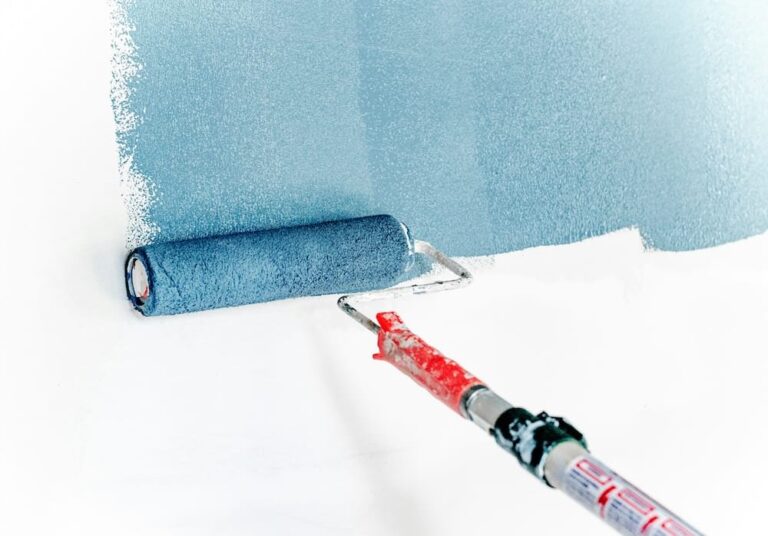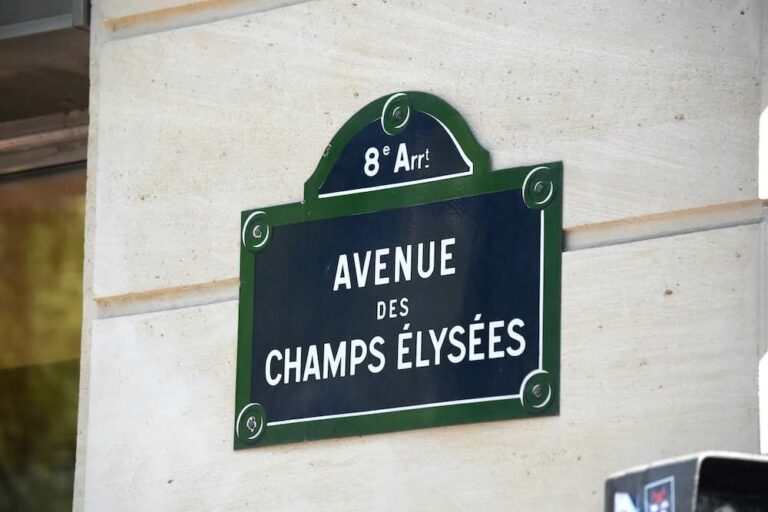balader
Meaning and Usage
The verb “balader” is a versatile French verb that primarily means “to walk” or “to take a stroll,” but it can have several meanings depending on its context and usage. Most commonly, it is used in its reflexive form “se balader,” which means “to go for a walk” or “to wander around.”
Non-Reflexive Usage
In its non-reflexive form, “balader” can mean:
- To take someone for a walk (often used with pets)
- To move something around casually
- To lead someone around
Reflexive Usage (se balader)
When used reflexively, “se balader” typically means:
- To go for a walk
- To wander around
- To roam
- To take a leisurely stroll
Example Sentences
Non-Reflexive Examples
- Je vais balader mon chien dans le parc.
(I’m going to walk my dog in the park.) - Elle balade ses doigts sur le clavier.
(She is moving her fingers across the keyboard.) - Le touriste balade sa valise dans les rues de Paris.
(The tourist is dragging his suitcase through the streets of Paris.) - Le gardien balade les visiteurs à travers le musée.
(The guide is leading the visitors through the museum.) - Il balade son regard sur la foule.
(He is scanning his gaze across the crowd.) - Je vais balader ma guitare à travers différents styles musicaux.
(I’m going to explore different musical styles with my guitar.)
Reflexive Examples
- Nous nous baladons dans la ville le dimanche.
(We go for a walk in the city on Sundays.) - Tu te balades souvent en montagne?
(Do you often go hiking in the mountains?) - Ils se baladent tranquillement le long de la plage.
(They are walking leisurely along the beach.) - Je me balade sans but précis dans le quartier.
(I’m wandering around the neighborhood without a specific purpose.) - Nous nous baladons à vélo pendant les vacances.
(We go bike riding during the holidays.) - Elle se balade dans ses pensées pendant des heures.
(She wanders through her thoughts for hours.)
Conjugation
Present Tense (Présent)
| Pronoun | Balader | Se Balader |
|---|---|---|
| Je | balade | me balade |
| Tu | balades | te balades |
| Il/Elle/On | balade | se balade |
| Nous | baladons | nous baladons |
| Vous | baladez | vous baladez |
| Ils/Elles | baladent | se baladent |
Passé Composé Tense
In the passé composé, “balader” uses “avoir” as its auxiliary verb, while “se balader” uses “être”.
Non-Reflexive (Avoir)
| Pronoun | Conjugation |
|---|---|
| J’ai | baladé |
| Tu as | baladé |
| Il/Elle/On a | baladé |
| Nous avons | baladé |
| Vous avez | baladé |
| Ils/Elles ont | baladé |
Reflexive (Être)
| Pronoun | Conjugation |
|---|---|
| Je me suis | baladé(e) |
| Tu t’es | baladé(e) |
| Il/Elle/On s’est | baladé(e) |
| Nous nous sommes | baladé(e)s |
| Vous vous êtes | baladé(e)(s) |
| Ils/Elles se sont | baladé(e)s |
Etymology
The verb “balader” originates from the noun “balade,” which itself comes from the Old Occitan word “balada,” meaning “dance” or “dancing song.” This root is derived from the verb “balar,” which means “to dance.” Over time, the meaning evolved from dancing to walking or wandering, reflecting the fluid nature of language development.
Interesting Notes
- “Balader” is considered a relatively informal verb, more commonly used in casual conversation.
- In Quebec French, the verb is used even more frequently than in standard French.
- The related noun “balade” means “walk” or “stroll” and is commonly used in expressions like “faire une balade” (to go for a walk).
Common Expressions
- Partir se balader – To go out for a walk
- Une petite balade – A short walk
- Se balader à vélo – To go for a bike ride






